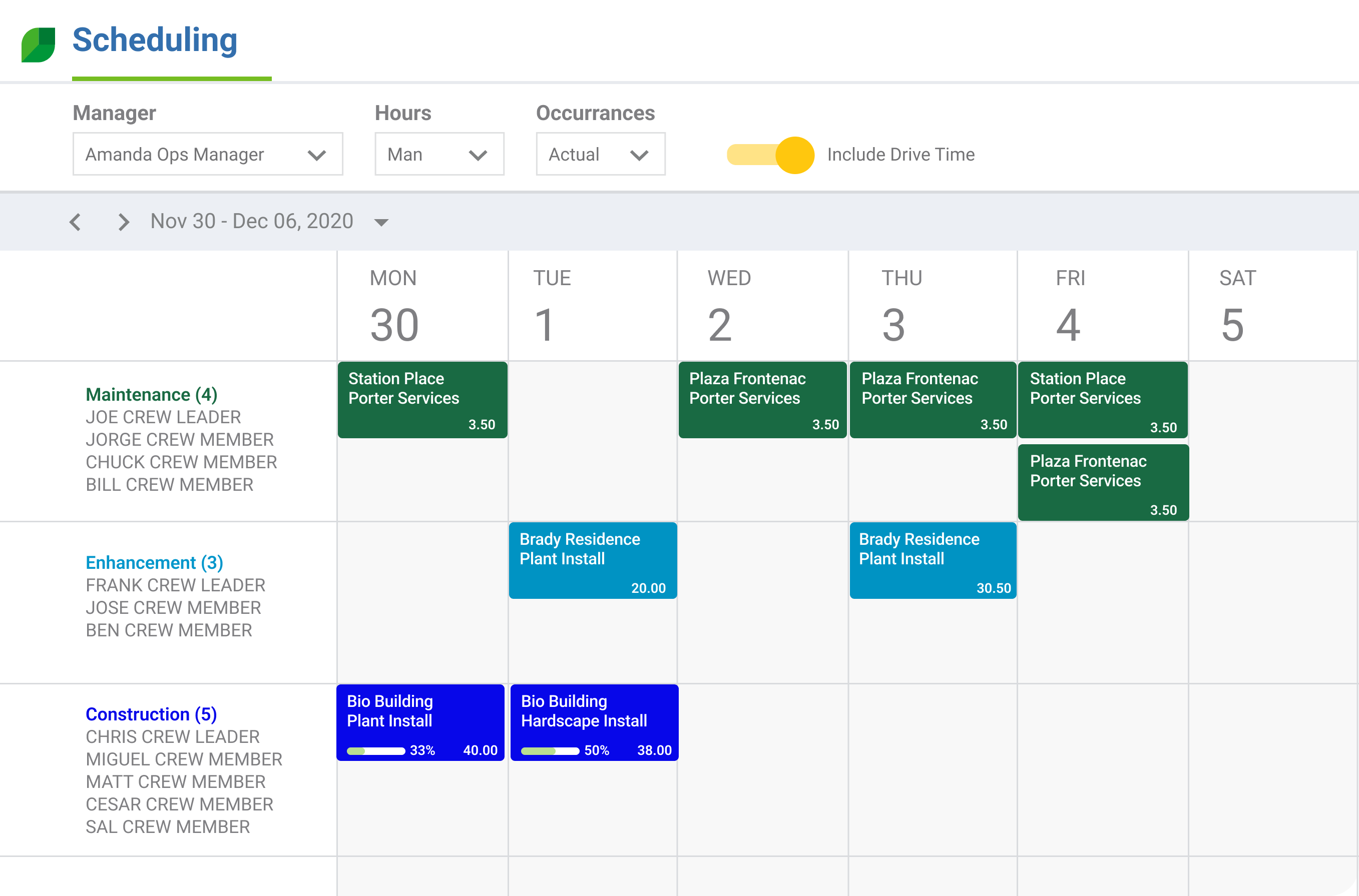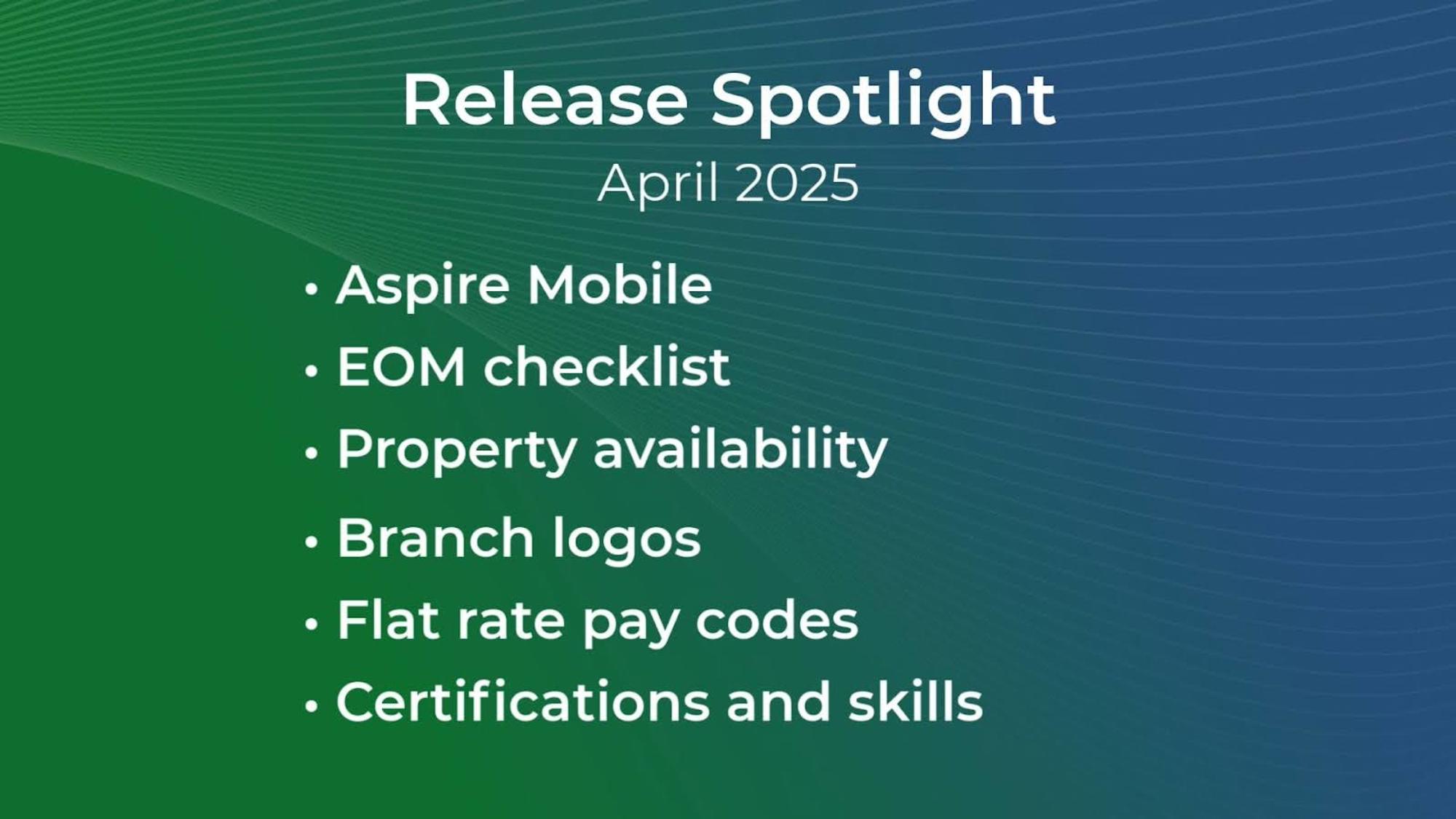Table of Contents
Lasting success in the landscaping industry doesn’t come from just excelling at lawn care. It requires exceptional skills in customer service and building lasting relationships with clients.
Customers hold power. Happy customers refer your business to others, while unhappy customers share negative experiences with neighbors, friends, social media, and review sites.
Every landscaping business owner experiences upset customers from time to time. How field service business owners handle the situation is the difference between whether a landscape company fails or succeeds.
This article offers tips to minimize conflicts and misunderstandings with customers.
Establish clear expectations from the start
A lot of disagreements can be prevented by establishing clear expectations regarding:
Scope of work
Timeline
Payment schedule
To build strong foundations for customer relationships, communicate directly with new clients and put it in writing by providing a detailed landscape contract.
Both parties can refer to the contract if any questions or disputes arise during the project. This helps ensure the project stays on track and both parties are satisfied with the outcome.
Within the contract:
Use language that is easy for the customer to understand, avoiding technical jargon.
Provide examples or visuals, if necessary, to clarify your points.
Be honest about potential issues during the project, such as weather delays or unexpected costs.
Setting clear expectations and providing a detailed contract helps build trust with customers.
Listen actively and show empathy
Even when you include a clause in the contract about unexpected delays or costs, customers will be disappointed if and when that happens.
→ You can’t control the weather or the supply chain, but you can show your customers you care by actively listening and displaying empathy.
Active listening takes practice. Account managers need training to truly hear customer concerns rather than just waiting to respond. See customer service from a place of empathy, imagining yourself in the customer’s position to better understand their concerns by:
Repeating what a customer says back to them and validating their emotions.
Remaining calm and professional while working with the customer to find a solution.
Teaching soft skills to CSRs, sales representatives, and landscapers starts with leadership actively listening to their team. You can also offer training sessions on active listening and responding with empathy.
Set boundaries and manage expectations
Setting boundaries and managing expectations is essential for maintaining control and professionalism in customer interactions.
Explain limitations and potential challenges upfront—face-to-face and in the contract. If a customer is unhappy about a task that wasn’t completed, you can refer to the documented scope of work in the contract.
For more challenging customers, set boundaries on communication. You may need to tell a customer they can’t call you in the evening during your personal time to receive a project update. Provide an alternate solution, such as sending updates via email each afternoon.
Boundaries help prevent scope creep and worker burnout, which is extremely important in a tight labor market.
Respond professionally to complaints
Customers deserve to be heard. Even if you don’t necessarily agree with the complaint, it’s crucial to remain professional in your response. Acknowledge your customer’s complaint and work together to find a solution.
Sometimes, you may not have all the details of a situation, so tell the customer you understand their concerns and need to investigate the matter. Give them a timeline for when they can expect a response from you.
Remember these tactics when responding to bad online reviews, too. Responding to negative reviews shows potential customers that you take your reputation and customer service seriously.
Practice effective communication
Communication skills are critical for handling customer interactions and project management for landscaping or lawn care businesses. This includes conveying expectations upfront and promptly communicating updates throughout the project.
Effective communication includes putting together strategies already discussed:
Establish clear expectations
Listen actively
Show empathy
Set boundaries
Remain professional
Nonverbal communication matters, too:
Maintaining eye contact helps convey attentiveness and interest
Using facial expressions or nodding can tell your customer that you’re listening
When selecting appropriate communication channels, consider the nature of the message and customer preferences. Some customers prefer email for detailed updates, while others prefer phone calls for more immediate communication.
Communication is critical to building strong relationships with customers and ensuring successful project outcomes in the landscaping industry.
Document everything
Documentation protects your business and provides accountability.
→ For unhappy customers, documentation can help if they decide to litigate.
Document and save contracts, change orders, and communication records. A landscape management software platform can assist with this.
Aspire’s CRM maintains historical records for each customer and includes email integration so communications can be viewed in one place. The crew management feature offers geo-stamped time tracking, so you have a record of who was at a job site and when.
With the proper documentation, you can defuse and resolve most conflicts. However, there are times when you just can’t reach common ground with a customer.
Know when to walk away
Some lawn care customers are challenging to work with regardless of your service quality. It could come down to differing communication styles, expectations, or personalities. No matter the reason, there comes a point when a customer relationship is no longer viable, and it’s time to disengage professionally.
Signs that a customer relationship may be unsustainable include:
Repeated conflicts with team members
Unrealistic demands
Invoice nonpayment
It's vital to assess the situation objectively and weigh the costs and benefits of continuing the relationship. Consider the impact on your business, resources, and overall well-being.
If you decide to cut ties with a customer, do so professionally and amicably. Finish any contracted landscaping jobs, then communicate your decision clearly. Let the customer know how and why you made this decision.
While losing a landscaping customer is never ideal, sometimes it’s necessary to protect your well-being, your landscape company’s success, and your staff’s morale. It can ultimately lead to better outcomes for your business and the customer, who will likely find a provider more suited to their needs.

Learn more about how to grow your landscaping business
Knowing how to deal with challenging clients helps landscape and lawn care companies turn poor customer experiences into positive ones. This builds trust with customers, leading to repeat business and word-of-mouth referrals.
→ When conflict resolution is no longer working, know when and how to walk away.
As your landscape company grows, you need automated solutions that can scale with you. Aspire Software is the only end-to-end landscape management platform that provides visibility into every aspect of your operations.
Check out the Aspire blog to learn business tips for running and growing a successful landscaping company, including effective marketing strategies and how to acquire commercial contract acquisitions.










